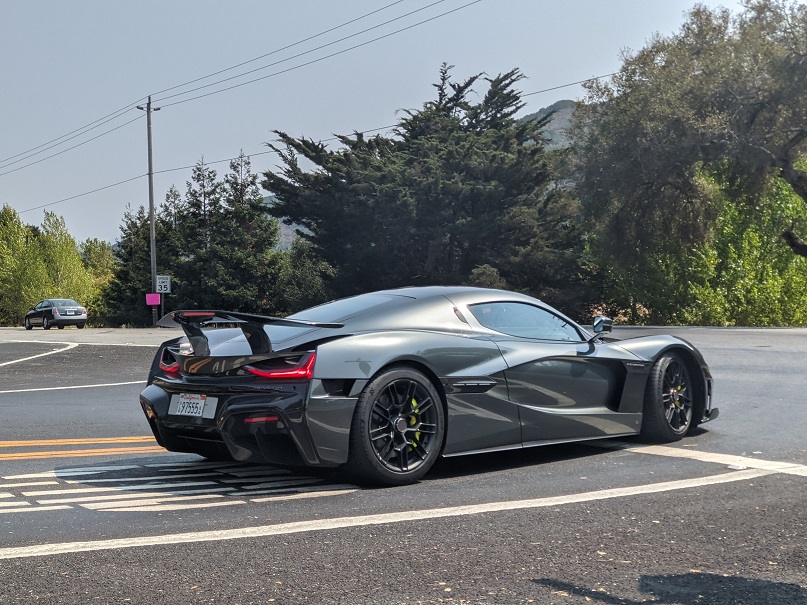All batteries have a maximum number of charge/discharge cycles before they wear out so in the case of V2G there is no sense wasting the battery life of your expensive BEV propping up the grid for someone else to use. Unless of course they are paying you enough for that grid support service to compensate for wear and tear. That may come in the future but for now it's a losing proposition for the car owner.
Powerwalls aren't any different from other home battery backup systems in that power from them only goes to your own house’s consumption and not into the grid from the batteries. The only power that does flow back into the grid from your house would be any excess solar power you are generating beyond what your batteries need to charge and what your house is actively consuming. It is important to point out here that battery banks in houses which are already grid connected are only intended for backup use. The simple reason being, the grid is already your battery.
For those that don't know the details of these systems, allow me explain.
In almost all cases, solar systems will be gridtied which means being interconnected to the power grid through your solar inverter. With this system type the power company will have already installed what is known as a netmeter which simply means your electric meter can run both forward and backward. During a good sunny day any excess solar generation beyond what your house is using will flow backward through the meter and into the grid. Conversely when the sun is down you will get that same number of kilowatts back for essentially no charge. Of course the power company won't provide the connection for free but instead charge roughly $5-$10 a month for the luxury of being interconnected. What is important to understand is.. the simple function of taking your excess power and then giving it back to you later is what a battery does. However in this case, the grid can do it at a MUCH cheaper price then owning your own batteries.
When you have a household battery bank and an interconnection to the grid, you should always be pulling off the grid or solar for your daily uses and NOT the battery. For one thing there is an efficiency loss associated with AC/DC conversion for charging /discharging the battery so that is wasted power. But most importantly the expense of the batteries and their limited number of cycles is the main cost disadvantage. Some people who own Tesla powerwalls have actually have set them up as the primary source of electrons and save the grid as backup power for when the battery in depleted. Unfortunately that is a colossally stupid thing to do especially when you are already paying the grid interconnection fee.
There is one exception though, when you have a power company that offers time of use or time variable pricing. Depending on battery costs and the difference in price from peak and off peak power, it might work out to be less expensive to charge your battery bank at night from the grid and then use that cheaper power then next day but it would have to be a pretty wide price spread.

























































![Craft A Brew - Safale S-04 Dry Yeast - Fermentis - English Ale Dry Yeast - For English and American Ales and Hard Apple Ciders - Ingredients for Home Brewing - Beer Making Supplies - [1 Pack]](https://m.media-amazon.com/images/I/41fVGNh6JfL._SL500_.jpg)

